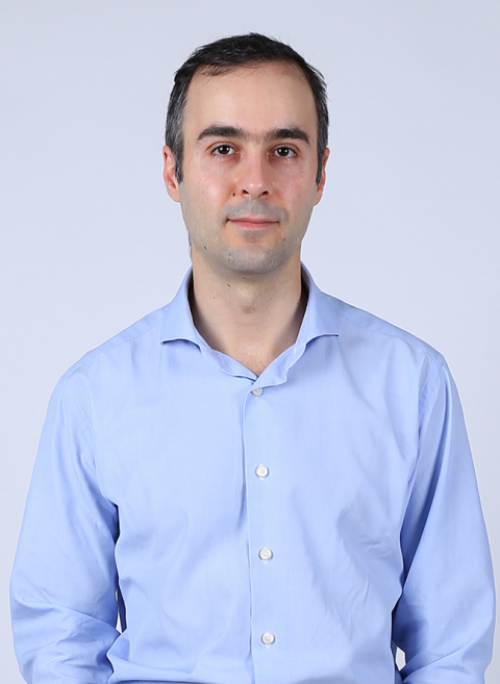The Loser’s Game
Why is it so important not to make mistakes?
I am not the first person to say this. Warren Buffet says that the first rule of investing is not to lose money and Charlie Ellis, in his book “Winning the loser’s game”, compares the average investor to an amateur tennis player. The important thing in tennis at this level is not to make mistakes as we are our main enemies. The winner often ends up being not the one who won the most points, but the one who lost the least, thus transforming tennis between amateurs into a game of losers - a game that is won by avoiding mistakes rather than complex winning plays.
In investment it is the same thing. I think the main objective is to make the least amount of mistakes and obtain the maximum profitability that the market offers us. Getting the market's return is the first step we should take as investors.
We should initially focus on not making mistakes. We should avoid single decisions like panic selling or buying more just because the market is going up, changing our investment plan. Our constant preoccupation with the short term often leads us to make these same mistakes. A Fidelity study found that the less often a customer sees their account balance, the higher their profitability would tend to be (Investing: So Easy A Dead Person Can Do It).
The search for Alpha (extra return above the market) when a large amount of investors cannot obtain the Beta/market return (The Behavioral Gap - summary/presentation) is like trying to run before learning to walk.
When we look back and see situations such as the European crisis and the impact it had on treasury bonds, the more than 30% drop in Chinese stock markets in 3 months in the summer of 2015, the S&P falls of almost 20% in 3 months in the winter of 2018, it seems “obvious” that they would be good entry points (hindsight bias). When you are going through these times, there is a generalized panic and fear that makes it very complicated to make decisions and only the bravest and/or people with good investment plans were able to take advantage of them, whether through occasional reinforcements or rebalancing.
A Fidelity study found that the fewer times a customer sees their account balance, the higher their profitability would tend to be.
I am convinced that a sustainable breeding of alfa e that for most investors it would be more productive to obtain market profitability and focus on the aspects of investments they can manage, such as risk, adjusting the type of investment to their true profile and objectives. .
That's our focus at Future Proof. We believe that we are also risk managers, adapting and customizing the risk to each investor. We see returns and risk only as a way for investors to achieve their goals in life (Goal-Based Investing).
Setting goals makes investors less likely to react to market changes. We believe that if we are working towards a goal or objective, and not seeking returns to beat the market or a benchmark, emotional and hasty decision-making substantially reduces.

With a degree in economics (2006) and a postgraduate degree in Finance from Universidade Católica do Porto (2010), he later realized that he shared the same enthusiasm for programming.
+351 939873441 (Vítor Mário Ribeiro, CFA)
+351 938438594 (Luís Silva)
Future Proof is an Appointed Representative of Banco Invest, S.A.. It is registered at CMVM.

